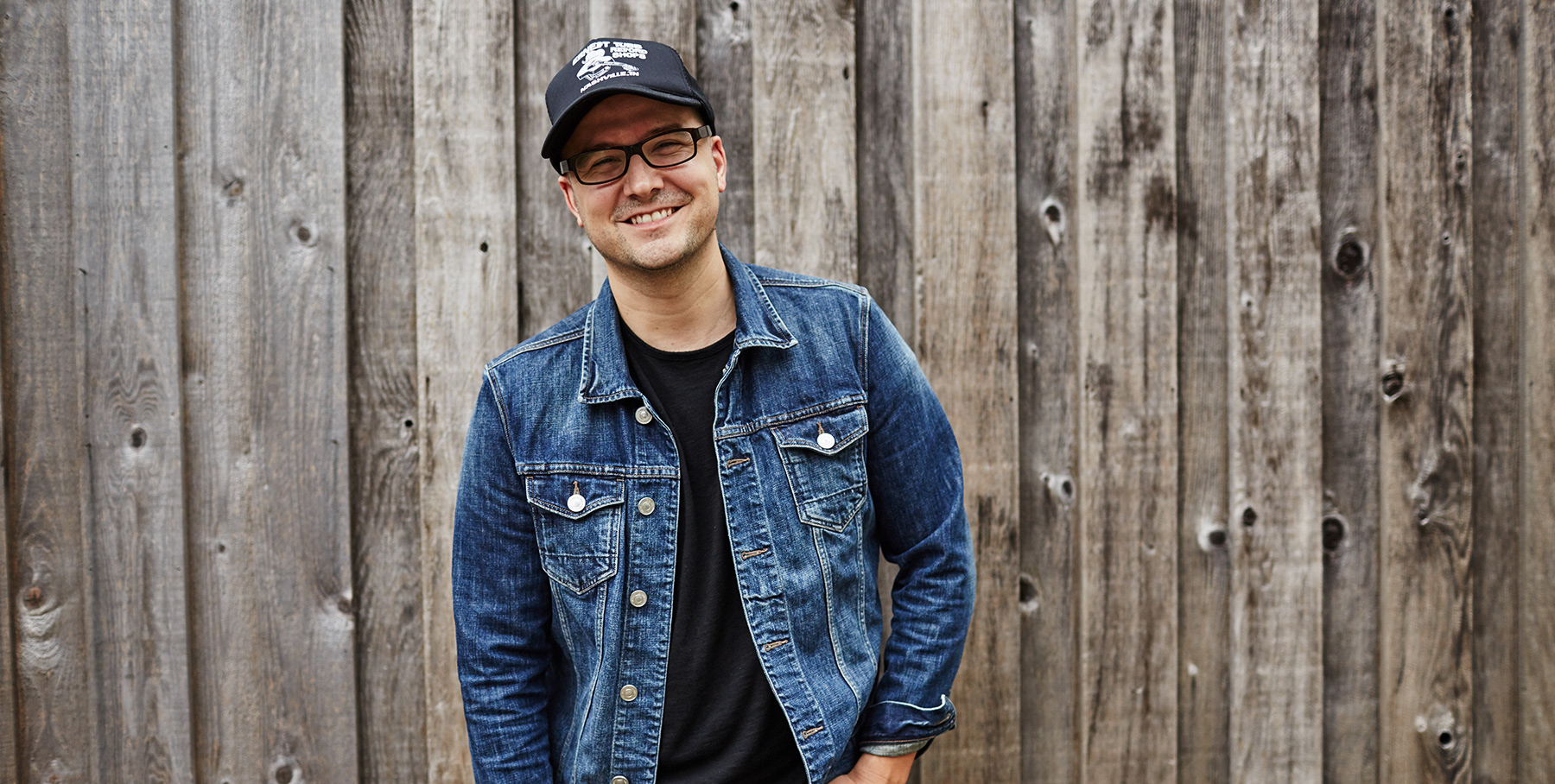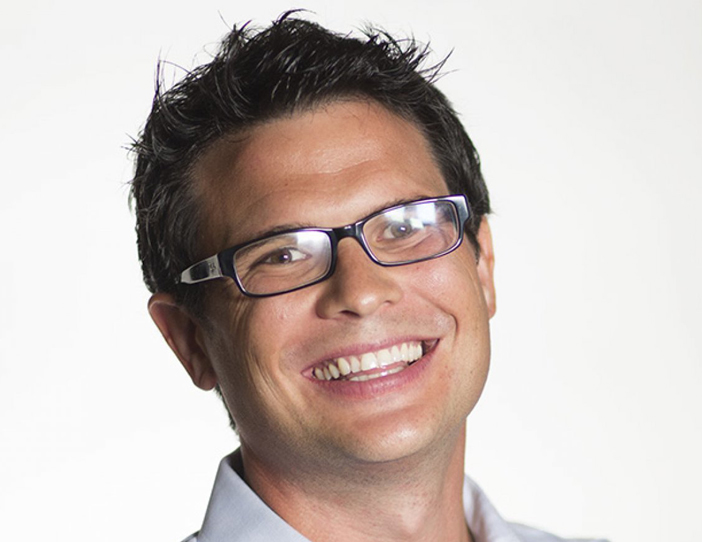
Episode Description
I’m a creative person.
I’m also a business leader.
And sometimes it feels like I have to play translator to these two groups of people.
I talk to a lot of business leaders who think that “creative types” just sit around in their hammocks and stare off into the distance all day and never get any work done.
And some creative types scoff at the idea of commercial success, thinking it’s compromising their work.
But the worlds of creatives and business leaders overlap more than we think.
And if you’re leading a business, you need to embrace your creativity. When you do, you’ll unlock levels of innovation and inspiration in your work that will give you a big competitive advantage. And anyone who creates needs to focus and master their industry so their work gets the attention it deserves.
To help us as business leaders understand the creative process better, I invited Luke Laird to join me on the Building a StoryBrand podcast. He’s a Grammy-award-winning producer and songwriter who’s penned 23 number-one hits for major country artists like Carrie Underwood, Blake Shelton, Eric Church and Tim McGraw.
Whether you’re a business leader trying to embrace your creativity or an aspiring artist trying to make it, here are three takeaways about the creative process that Luke Laird shared with me. He also brought his guitar along to showcase some of his work, so make sure you give this episode a listen!
Know Your Market
Early on in my writing career, I thought I was John Steinbeck trying to write a great piece of art. Then, as I got involved in the publishing industry, writing and selling books, I realized what actually works in the market. And that’s critical because, ultimately, your work needs to earn money in order for you to put food on the table.
For Luke, the songwriting process is similar. You’ve got to understand who’s listening to your work so you can connect with them. For him, that’s an intuitive understanding that’s developed over the years. As he told me, “You pick up certain things that may work or not work, that you’re not even consciously thinking about. Your radar changes — as far as knowing what’s good or bad or what works or doesn’t.”
Great creative work isn’t necessarily diminished simply because it has wide commercial appeal.
That means your own self-expression has to mingle with how you understand your market. And Luke embraces that tension. As he told me, “I actually like commercial music, so I don’t feel like I’m selling out when I’m trying to write a hit. I want to write something that people sing along to.
“I love lots of music that’s never gonna be played on the radio. I have so many different influences that I bring into my music, but I’ve got no problem writing something that makes a lot of money.”
In other words, great creative work isn’t necessarily diminished simply because it has wide commercial appeal.
Don’t Be Afraid of Simplicity
What’s one of the most important things Luke considers when he writes a song? It surprised me at first, but he thinks about whether or not the audience can sing along. It makes perfect sense: if you make the words too complicated, they’re not going to sing it back.
“It’s funny the songs that get a reaction,” Luke says, “because sometimes you may be sitting there all day just grinding it out, pouring your heart into something. And then other times, it’s just not over-thinking it, and it’s fun.”
In our creative work, let’s not be afraid to keep things simple so that our ideas can spread more easily.
Luke mentions one of his big childhood influences, Michael Jackson, pointing out that the lyrics on an album like Thriller aren’t always poetic. Sometimes they don’t really make sense, but that’s okay because, in his words, “different things make different songs great,” and that doesn’t always mean complicated lyrics.
I say all the time that the human brain is drawn to clarity and away from confusion. In our creative work, let’s not be afraid to keep things simple so that our ideas can spread more easily.
Be Patient With Your Ideas
I asked Luke how he comes by that initial kernel of an idea. He said it’s the hardest part of the songwriting process for him.
At first, his answer is just what you’d expect: “I keep in my iPhone Notes just titles and phrases, or something somebody says, like from a movie or TV show. Some days I’ll look at those lists of whatever there is, and they all look terrible to me.”
Understanding the creative process will help you tap into new levels of thinking and innovation.
But he’s patient, and he understands that sometimes good ideas take time to germinate. Sometimes months go by after he catalogs an idea or a phrase and it doesn’t seem to be going anywhere. But then he’ll mention that same idea to a songwriting friend, who responds in a way that puts the idea in a whole new light. And suddenly he has the momentum to develop it.
In your creative work, whatever it is, you’ve got to find the same kind of balance. On the one hand, you’ve got to be like Luke, with your radar up for a source of inspiration, ready to work on it. But on the other hand, you’ve got to give your ideas the margin and time they need to develop.
—
Whether or not you think of yourself as a “creative,” understanding the creative process will help you tap into new levels of thinking and innovation. Artists are full of innovation and inspiration, and those are two qualities every business leader needs to develop.
What does the creative process look like in your job? Leave a comment and tell me more. I’d love to hear from you.
Avoid the Marketing Money Pit
Executive producer: Tim Schurrer
Additional production and editing: Chad Snavely












